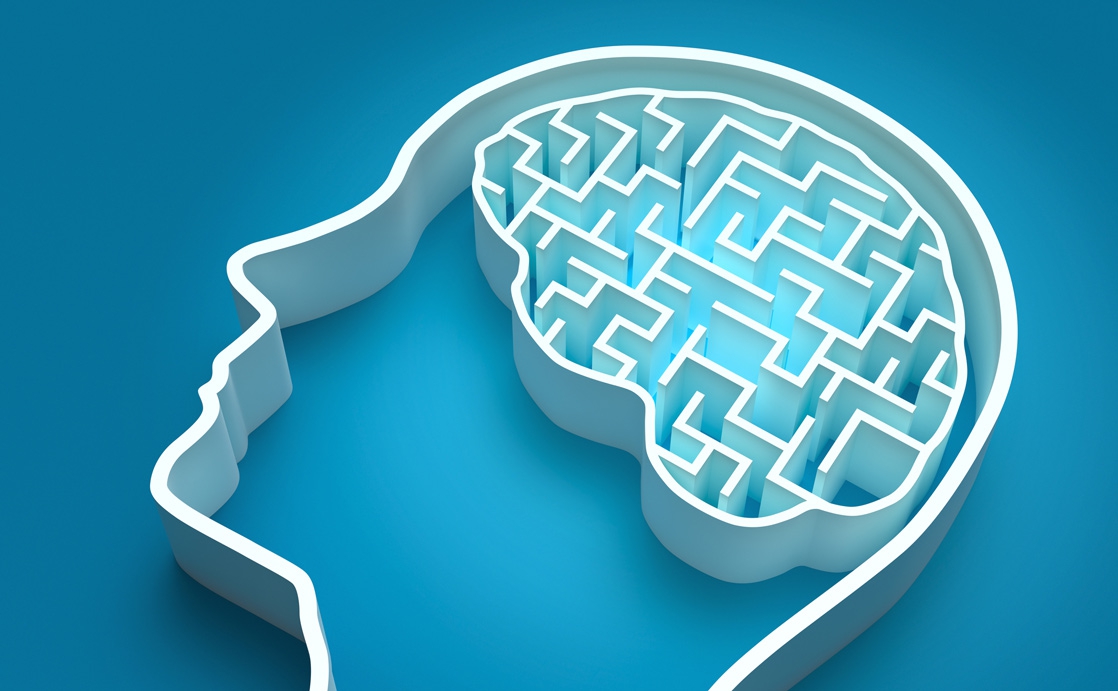The views expressed in our content reflect individual perspectives and do not represent the authoritative views of the Baha'i Faith.
One of the biggest obstacles I’ve personally seen lately in human relationships appears to be an inability to recognize the validity of another person’s lived experiences.
This happens especially when we perceive someone else’s views as “wrong” in our mind based on our lived experience.
RELATED: Why the World Needs Meaningful Conversation
I have gone through this many times myself — someone implies my perspective is “wrong” and then says that, in reality, the truth of the matter is *this or that* — all explained based on their own lived experience and understanding.
I do it too, sometimes, especially when it comes to issues I find extremely important, such as racial justice. Regardless of who does it, this approach can feel dismissive, creating contention and conflict between people internally and externally.
So how do we get past this all-too-human tendency? I have often thought that maybe the truth of the matter is that in reality, both people are right.
Maybe I’m “right” based on my point of view because it comes from my lived experience, while the person I’m conversing with is also “right” based on their lived experience.
RELATED: How Meaningful Conversations Can Help Us Bridge Racial Divides
It seems we tend to get lost in translation these days, with an inability to understand another person’s point of view and find the unity between ours and theirs.
This feels especially true when the viewpoints appear to reside on two different ends of a wide spectrum. So what do we do when someone else’s view departs so deeply from the place we reside? More often than not, we end up with two entirely different perspectives and sides of an issue, and we can’t seem to work out the resulting conflict.
We’re all human, so how is it we can be so far apart in our views? Wouldn’t it seem true at a certain point that all human beings have similar wants, needs, and desires at the deepest level? Surely we all want essentially the same things: to have our basic needs for food, clothing, and shelter met, to be loved, to have a close family, good friends, just and equal treatment, honor, respect, and the like? This list of commonalities might never be exhausted if we looked for them, yet we seem to fight with each other now more than ever before.
Could logic suggest, then, that we are all “right” from our own point of view and on a deeper human level? What might this mean if we kept this idea in mind while interacting with each other?
Might this also suggest that as human beings, we should strive to find a basis for agreement and commonality? After all, fighting with each other and harming each other corrodes our society and our ability to advance as a species. Might this also mean that in reality we can’t base relationships and conversations, and working through problems and engaging in consultation and moving towards solutions together, on perceptions of right and wrong?
If we can agree that everyone is right from their own perspective, could we find deeper connection that might bring all the “rights” together to build a more peaceful and just world?
Although I don’t necessarily come from a place of viewing things from the perspective of right and wrong – hence this essay – that stark dichotomy seems to characterize our current way of thinking with each other. It may be hard to break free of this pattern and consider new ways of being and doing, especially in light of our feelings and attitudes around injustice, oppression, tyranny, and evil acts we see happening in the world, but I wonder: What choice do we have at this time?
In terms of the racial issues at the forefront of many of the conflicts today, this begs consideration: certainly someone who is racist couldn’t possibly be right, right? If we are anti-racist we shouldn’t engage someone who we perceive as racist – right?
My prejudices will manifest in an almost automatic pilot way of thinking if I am not constantly on guard.
I also realize my prejudices usually aren’t helpful if they lead me to think someone’s beliefs and/or lived experience is “wrong” and unworthy of my attention – regardless how wrong they may seem on the surface. Worse yet, if I show disdain, take a side, or ignore their thoughts and feelings completely, we don’t stand a chance of moving past the superficial to the essence of who we are as spiritual beings.
RELATED: How Blame Stops Change
I know myself well enough to know that if I don’t stop my autopilot of prejudices to see the person in front of me as noble and worthy, I probably won’t stop to consider the complexity of their lived experiences, which have gotten them to this point. I certainly won’t value their perspective or manifest my ability to care and listen or override my sense of rightness. If I act that way, we are enemies before we start, even if in the most subtle, unseen, or subconscious way.
I know that I’m not always good at this. I find it sometimes challenging to talk with another white person who, from their lived experience and perspective, believes themselves to be superior, either consciously or subconsciously, to Black and Indigenous people or persons of color. I certainly have difficulty talking to a person who brings up superficial talking points that might stem from a particular political standpoint, or who simply imitates what other family members believe – especially when the complexities of the issue from my perspective are so much deeper.
I admit it can be hard to put all of this aside and see past it to the person’s inherent inner being – that they have a noble soul, regardless of whether I think I’m right. I always have to remember to look past thoughts and attitudes I might not agree with to see the essential nature of who is in front of me – a member of the human family who deserves love and care as a spiritual being.
I also have to pause to remember there is much more underlying a person’s thoughts and beliefs, which come from a complex weaving of centuries of allusions of who we are as a human race. I try to move past it to a place where I become willing to care about the person and then see if I can find any unifying ideas. Of course, this always occurs on a case-by-case basis and, needless to say, we shouldn’t just allow injustice and oppression to continue.
Instead, as a Baha’i, when I’m attempting to eliminate racial prejudice and racial injustice, I must go deeper and work to manifest what Abdu’l-Baha, one of the central figures of the Baha’i Faith, taught about how I am to approach every person:
Act in accordance with the counsels of the Lord: that is, rise up in such wise, and with such qualities, as to endow the body of this world with a living soul, and to bring this young child, humanity, to the stage of adulthood. So far as ye are able, ignite a candle of love in every meeting, and with tenderness rejoice and cheer ye every heart. Care for the stranger as for one of your own; show to alien souls the same loving kindness ye bestow upon your faithful friends. Should any come to blows with you, seek to be friends with him; should any stab you to the heart, be ye a healing salve unto his sores; should any taunt and mock at you, meet him with love.
Should any heap his blame upon you, praise ye him; should he offer you a deadly poison, give him the choicest honey in exchange; and should he threaten your life, grant him a remedy that will heal him evermore. Should he be pain itself, be ye his medicine; should he be thorns, be ye his roses and sweet herbs. Perchance such ways and words from you will make this darksome world turn bright at last; will make this dusty earth turn heavenly, this devilish prison place become a royal palace of the Lord – so that war and strife will pass and be no more, and love and trust will pitch their tents on the summits of the world.
















Comments
Sign in or create an account
Continue with Googleor